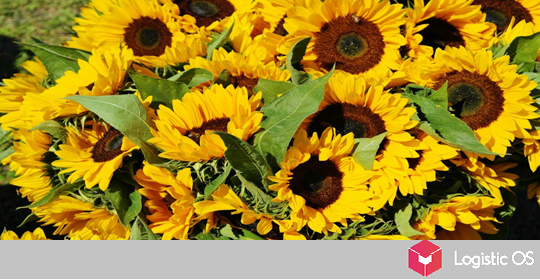According to the Turkish Ministry of Agriculture, such a step will help meet the needs of the domestic market, as well as ensure a decent level of exports.
According to the head of the Ministry of Agriculture and Forestry, Vahit Kirishci, the Turkish economy has 3 interrelated problems: food, water and energy.
And since they are interrelated, it is a planned approach that will help achieve the best results.
The state, and in particular the Ministry of Agriculture, will take on the role of both a strategy developer and a supervisory body that will control farmers.
MoA will tell you which crops to focus on
According to Kirisci, all crops grown in Turkey are planned to be divided into two groups: strategically important and strategically unimportant, but beneficial for production.
The emphasis, of course, will be on the former, but the latter, which can generate income through exports, will not be forgotten either.
According to the minister, meat and milk producers were the first to feel the new approach.
For producers, this is quite profitable: the contract model guarantees them that at a certain time they will buy an agreed amount of meat and milk, so they can safely engage in production without worrying about falling prices or lack of demand.
Most likely, in the near future, a similar scheme will be extended to other agricultural producers.
The ministry also plans to actively cooperate with specialists, involving certified consultants, veterinarians and agronomists.
The authorities plan that thanks to this, it will be possible to increase the efficiency of agriculture in Turkey.
What are the achievements of the Turkish agricultural industry?
Over the past 20 years, the agro-industrial complex has grown significantly: now it alone provides the same income from exports as in 2002 all sectors gave in total.
State support has increased significantly: if in 2022 it amounted to 1.8 billion liras, then last year it was 40 billion liras.
Although this is a dubious figure, given the incredibly high inflation of the lira in recent years, there is also more convincing data confirming the growth of the Turkish agro-industrial complex:
— The total volume of agricultural production for 20 years has increased from 98 million tons to 129 million tons;
— The number of livestock increased from 10 to 18 million heads;
— Volumes of fish growing — from 62 thousand tons to 525 thousand tons.
Exports are also growing.
For example, last year it amounted to $30 billion, and this year it is projected to grow to $36 billion.
The introduction of the principles of a planned economy could help achieve this goal, Turkish officials say.

